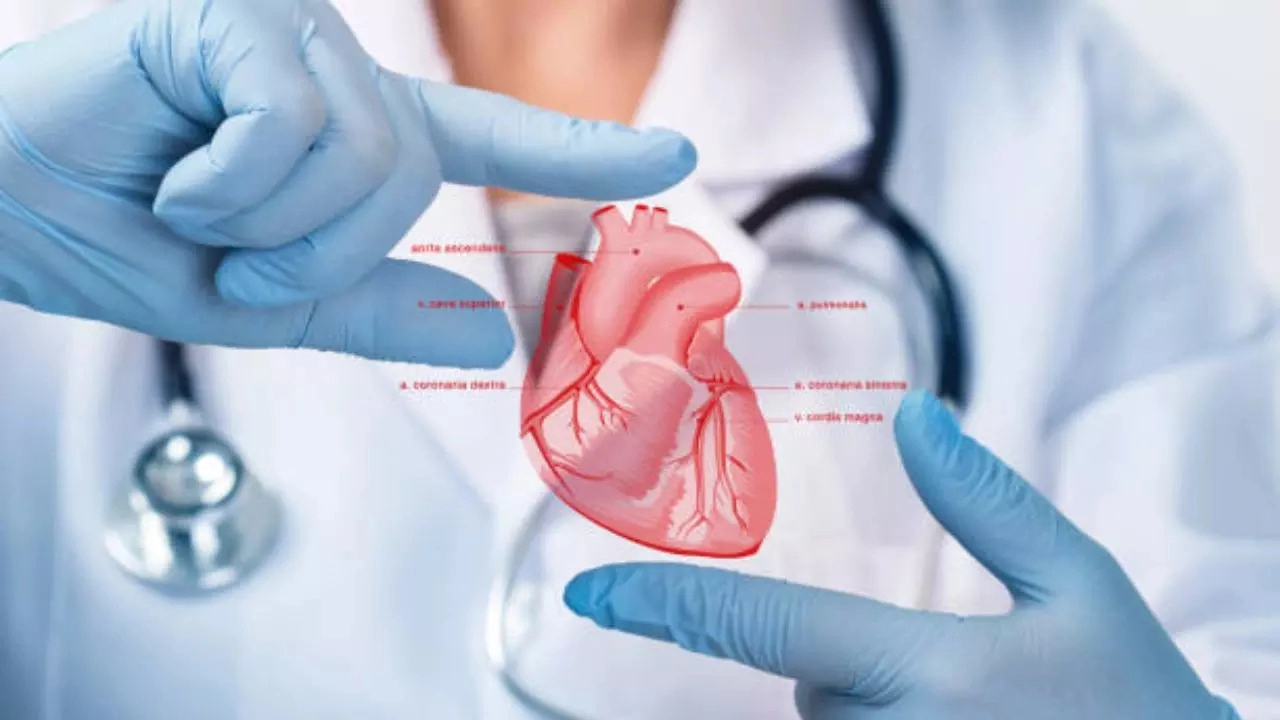Pallavi Mehra • 14 Aug 2024
Is It Possible To Make Ineligible Patients Eligible For Heart Transplants?

Is It Possible To Make Ineligible Patients Eligible For Heart Transplants? (Image Credits: iStock)
Dr Anil Bhan, Chairman, Cardiac Surgery, Cardiac Care, Medanta, Gurugram.
A heart transplant involves replacing a failing heart with a healthy one from a donor, giving patients with severe heart failure a second chance at life. It's a complex process that requires careful matching and ongoing care to keep the new heart healthy. While heart transplants offer a crucial chance at life to those affected, not everyone who needs a transplant is eligible for the same. Factors like age, other health conditions, and overall fitness can prevent some patients from qualifying. Fortunately, advancements in medical science and new treatments are starting to make it possible for more people to become eligible for heart transplants.
What is ineligibility?
The criteria for heart transplant eligibility are stringent. Generally, patients are evaluated based on the severity of their heart disease, the likelihood of success post-transplant, and their overall health. Common reasons for ineligibility include advanced age, other serious health conditions (such as cancer, stroke or severe lung disease), obesity, and a history of poor compliance with medical treatment.1
One of the most significant barriers is the presence of other medical conditions that could complicate the surgery or recovery process. For instance, severe kidney or liver disease, uncontrolled diabetes, or infections can preclude patients from receiving a transplant. Additionally, psychosocial factors like a lack of support system or a history of substance abuse are also considered, as they can impact post-transplant care and outcomes.
Advancements in medical treatments
Recent medical advances are giving new hope to people who were once ineligible for heart transplants. One promising option is using devices like ventricular assist devices (VADs), which help the heart pump blood when it's too weak to do so on its own. Sometimes, VADs are used temporarily to help patients get stronger and ready for a heart transplant.2
Another significant development is the improvement in the management of comorbid conditions. Enhanced treatments for diabetes, renal failure, and obesity can lead to better overall health, making patients better candidates for heart transplants. For instance, bariatric surgery for severely obese patients has shown promise in reducing weight and improving heart function, thereby increasing transplant eligibility.
Innovative surgical techniques and pre-treatment
Innovative surgical techniques and pre-treatment plans are making a big difference too. Minimally invasive surgeries and advanced imaging help doctors better assess and treat heart conditions, reducing risks and speeding up recovery. These advancements make heart transplants safer for patients with complex health issues. Additionally, pre-treatment strategies like targeted medications, exercise
programs and diet changes can strengthen the heart and improve overall health, increasing the chances of becoming eligible for a transplant.
Immunosuppressive therapy and personalised medicine
Post-transplant immunosuppressive therapy, crucial for preventing organ rejection, has also seen significant advancements. Modern immunosuppressive drugs are more effective and have fewer side effects, which is particularly beneficial for patients with complex health profiles. Personalised medicine, which tailors treatment plans based on an individual’s genetic makeup and specific health conditions, is becoming increasingly prevalent. This approach allows for more precise management of comorbidities and better preparation for transplantation.3
The role of multidisciplinary teams
A multidisciplinary approach is essential in evaluating and preparing patients for heart transplants. Teams comprising cardiologists, transplant surgeons, immunologists, dietitians, and mental health professionals work together to assess and optimise a patient's health. This comprehensive evaluation and treatment plan can help address and manage factors that contribute to ineligibility.
For example, patients with a history of substance abuse can benefit from psychological counselling and support groups, helping them to overcome these issues and adhere to post-transplant care protocols. Similarly, dietitians can develop nutrition plans to manage obesity and diabetes, improving overall health and transplant outcomes.
Future prospects
The future of heart transplant eligibility looks bright. Research in regenerative medicine and stem cell therapy might one day repair damaged heart tissue, reducing the need for transplants. Advances in genetics could lead to targeted treatments that address specific causes of heart failure, allowing more people to qualify for transplants. Although eligibility remains a complex issue, ongoing progress in medical treatments, surgery, and personalised care is helping more patients overcome these barriers. Thanks to these innovations, once ineligible people may now have a renewed hope for a life-saving heart transplant.
Get Latest News Live on Times Now along with Breaking News and Top Headlines from Health and around the world.